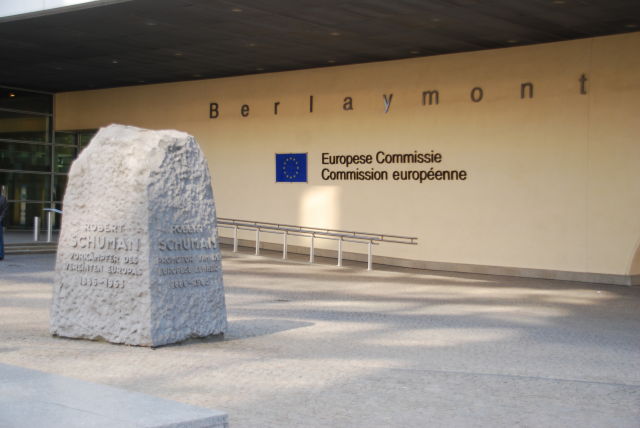EU attempt to once again redefine open standard, this time to something incompatible with the previous definition.
Originally shared by Miguel Afonso Caetano#OpenSource #EU: "The word "open" occurs 26 times in the document, and is also frequently found in the other "communications" just released by the European Commission: on digitising European industry (9 times), and on theEuropean Cloud Initiative (50 times).
"Open" is generally used in the documents to denote "open standards," as in the quotation above. But the European Commission is surprisingly coy about what exactly that phrase means in this context. It is only on the penultimate page of the ICT Standardisation Priorities document that we finally read the following key piece of information: "ICT standardisation requires a balanced IPR [intellectual property rights] policy, based on FRAND licensing terms."
It's no surprise that the Commission was trying to keep that particular detail quiet, because FRAND licensing—the acronym stands for "fair, reasonable, and non-discriminatory"—is incompatible with open source, which will therefore find itself excluded from much of the EU's grand new Digital Single Market strategy. That's hardly a "balanced IPR policy."
The problem for open source is that standard licensing can be perfectly fair, reasonable, and non-discriminatory, but would nonetheless be impossible for open source code to implement. Typically, FRAND licensing requires a per-copy payment, but for free software, which can be shared any number of times, there's no way to keep tabs on just how many copies are out there. Even if the per-copy payment is tiny, it's still a licensing requirement that open source code cannot meet."
"Open" is generally used in the documents to denote "open standards," as in the quotation above. But the European Commission is surprisingly coy about what exactly that phrase means in this context. It is only on the penultimate page of the ICT Standardisation Priorities document that we finally read the following key piece of information: "ICT standardisation requires a balanced IPR [intellectual property rights] policy, based on FRAND licensing terms."
It's no surprise that the Commission was trying to keep that particular detail quiet, because FRAND licensing—the acronym stands for "fair, reasonable, and non-discriminatory"—is incompatible with open source, which will therefore find itself excluded from much of the EU's grand new Digital Single Market strategy. That's hardly a "balanced IPR policy."
The problem for open source is that standard licensing can be perfectly fair, reasonable, and non-discriminatory, but would nonetheless be impossible for open source code to implement. Typically, FRAND licensing requires a per-copy payment, but for free software, which can be shared any number of times, there's no way to keep tabs on just how many copies are out there. Even if the per-copy payment is tiny, it's still a licensing requirement that open source code cannot meet."
Anti-innovation: EU excludes open source from new tech standards
